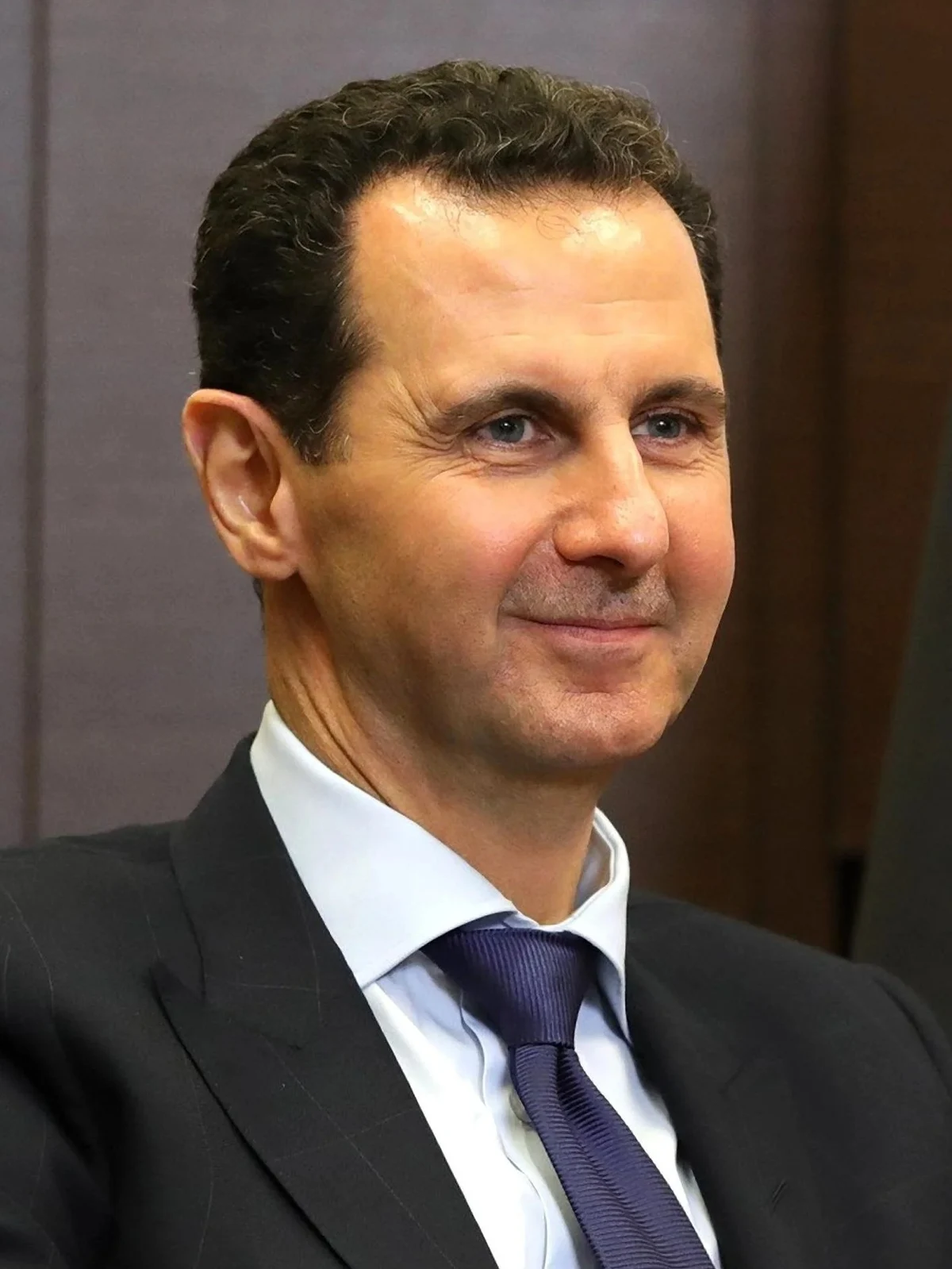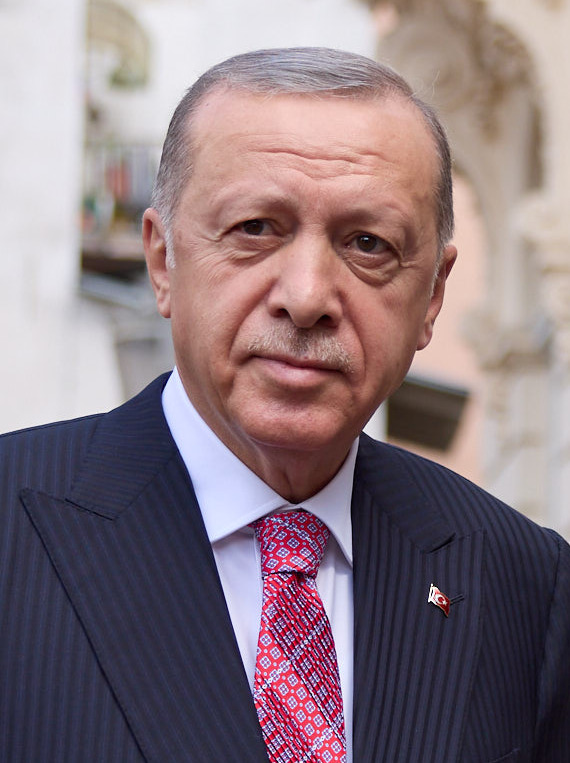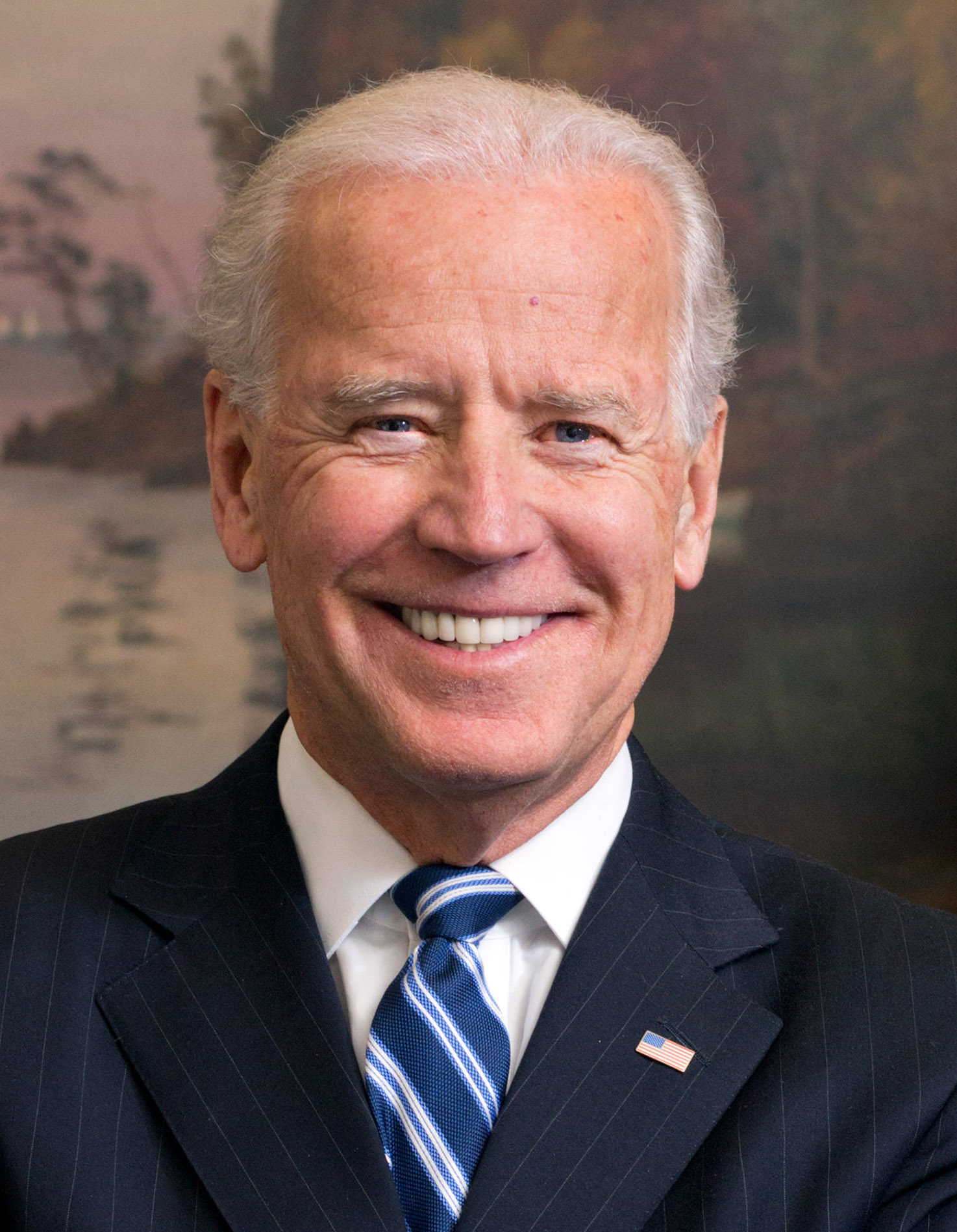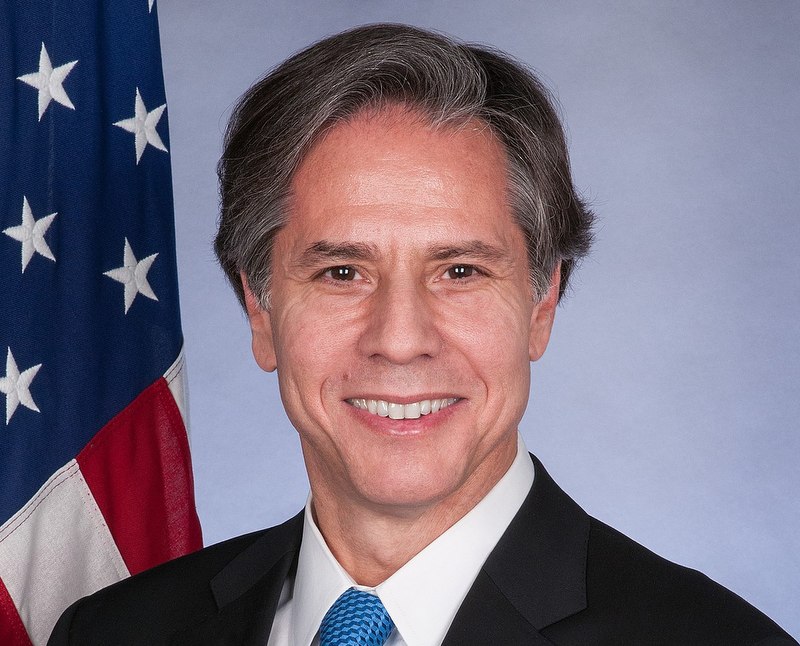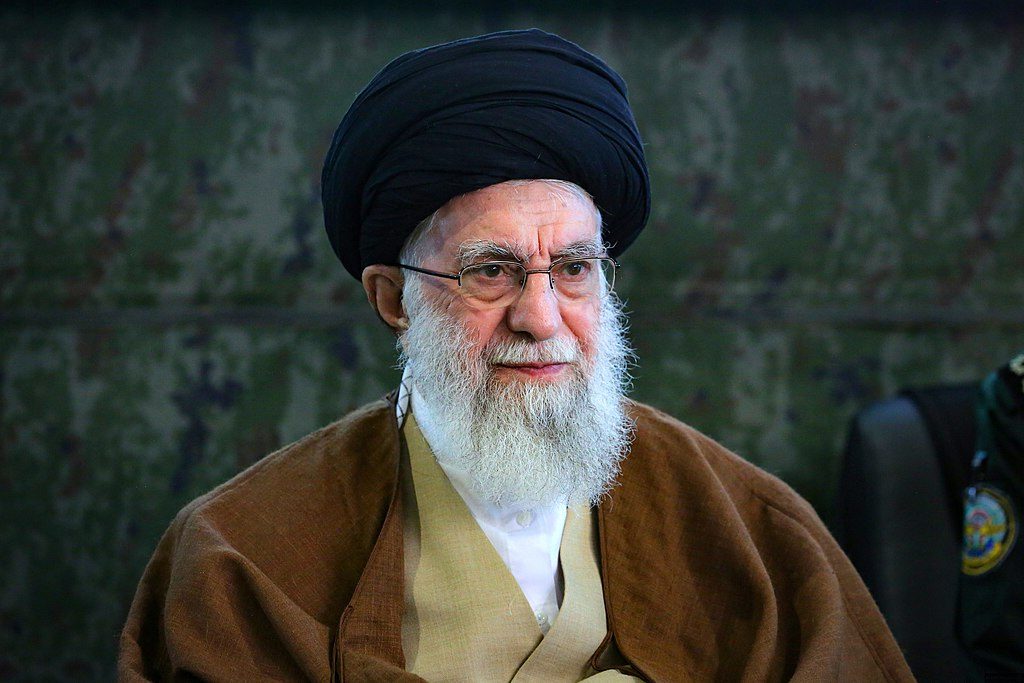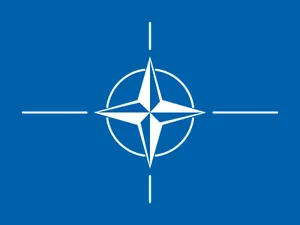- Syrian opposition forces entered Damascus after a rapid offensive, marking the end of Assad's 50-year family rule. APNews.com
- President Bashar Assad reportedly fled the country as rebel groups declared Damascus "free" from his rule. NYPost.com
- Rebels took control of major cities, including Aleppo, Homs, and Hama, with minimal resistance from government forces. BBC.com
- Celebrations broke out in Damascus as opposition groups called for a political transition and unity among Syrians. TheSun.ie
- The UN envoy for Syria called for urgent talks to ensure an orderly political transition amid regional instability. WSJ.com
This perspective views the fall of the Assad government as a heroic and long-overdue victory for the Syrian people against decades of oppressive rule. The successful offensive by opposition forces is seen as a testament to their resilience and determination to reclaim their nation from dictatorship. The event is celebrated as a turning point in Syria's history, offering hope for a democratic and inclusive future where all citizens have a voice in governance.
From this perspective, the rapid offensive by opposition forces raises concerns about the potential for chaos and a power vacuum in Syria. Critics highlight the risk of the country plunging into further instability as various factions vie for control in the absence of a unified transition plan. The fall of Assad’s government is seen as an uncertain turning point, with fears that extremist groups or rival factions could exploit the situation, leading to prolonged conflict and suffering for the Syrian people.
This perspective interprets the fall of the Assad government as a reflection of shifting geopolitical dynamics in the region. Assad's allies, including Russia and Iran, are viewed as unable or unwilling to provide the necessary support due to their preoccupation with other conflicts, such as the war in Ukraine. The event underscores the changing balance of power in the Middle East, where external backers can no longer dictate outcomes as effectively, creating opportunities for new actors to influence Syria’s future.
Details
Security
Bias

Reactions
The Syrian government, led by President Bashar al-Assad, appears to have fallen after a rapid and dramatic military offensive by opposition forces, marking the end of a 50-year family rule. Opposition fighters entered Damascus, the nation’s capital, following a swift advance across multiple regions, including key cities like Aleppo, Homs, and Hama. These cities were taken with minimal resistance from government forces, a development seen as unprecedented in Syria's ongoing conflict. Reports indicate that President Assad fled the country, leaving behind a government that has announced its readiness to transition power to opposition leaders APNews.com NYPost.com.
The rapid collapse of government defenses began in Aleppo, Syria's second-largest city, and extended through other critical areas. Homs, a central city strategically located between Damascus and the coastal provinces, was another significant loss for the regime. These areas were vital for maintaining supply routes and represented strongholds of Assad’s power base. Opposition fighters also took control of Hama, further destabilizing government forces and enabling a nearly unopposed march toward the capital. Analysts described these advances as "astonishing," given the long-standing stalemate in Syria’s civil war BBC.com TheSun.ie.
Damascus, historically a stronghold of Assad's regime, witnessed significant upheaval. Crowds gathered in mosques and public squares to celebrate what opposition groups described as the city’s liberation. Syrian state television aired statements from opposition leaders calling for unity and the preservation of public institutions. Reports of soldiers abandoning their posts and widespread looting highlighted the chaos accompanying this power shift. Opposition-linked media celebrated the event as a major victory, while others voiced concerns over the potential for instability and the emergence of a power vacuum APNews.com TheSun.ie.
The international response to these developments has been mixed. The United Nations has called for urgent talks in Geneva to ensure an orderly political transition, emphasizing the need to avoid further humanitarian crises and regional destabilization. Meanwhile, Assad's primary allies, including Russia and Iran, have been notably restrained in their interventions, possibly due to their focus on other conflicts such as the war in Ukraine. This has led some analysts to suggest that the fall of Assad’s government reflects a broader shift in geopolitical dynamics across the Middle East WSJ.com BBC.com.
The swift changes in Syria’s political and military landscape have left the nation at a crossroads. While opposition leaders have expressed a commitment to establishing a unified and inclusive government, questions remain about the long-term stability of the region. The situation continues to evolve, with international actors closely monitoring the developments and preparing for potential repercussions APNews.com NYPost.com.

The article highlights quotes from global leaders criticizing the strikes and provides vivid descriptions of civilian suffering. For example, it mentions, 'Dozens of homes were destroyed, leaving families homeless,' and quotes Amnesty International describing the strikes as 'disproportionate.' This focus creates a tone critical of Israel's actions.
Read full article
Negative
Sentiment

The article includes quotes from Israeli officials defending their military response and Lebanese sources highlighting civilian casualties. For instance, it states, 'Israeli Defense Minister says the strikes are necessary to protect national security,' but also notes, 'UN officials have called for an immediate ceasefire to prevent further humanitarian crises.' This even-handed approach avoids clear bias.
Read full article

The article quotes both sides: 'Israel claims the strikes are targeting Hezbollah militants' and 'Lebanese officials report significant civilian casualties.' The balanced tone and inclusion of diverse perspectives prevent the article from leaning toward a specific bias.
Read full article
Neutral
Sentiment

The article quotes U.S. officials stating, 'Israel has every right to defend its borders,' and highlights the importance of the U.S.-Israel alliance without delving deeply into the humanitarian impact of the strikes. This framing supports Israel's actions and downplays critical perspectives.
Read full article
Positive
Sentiment
